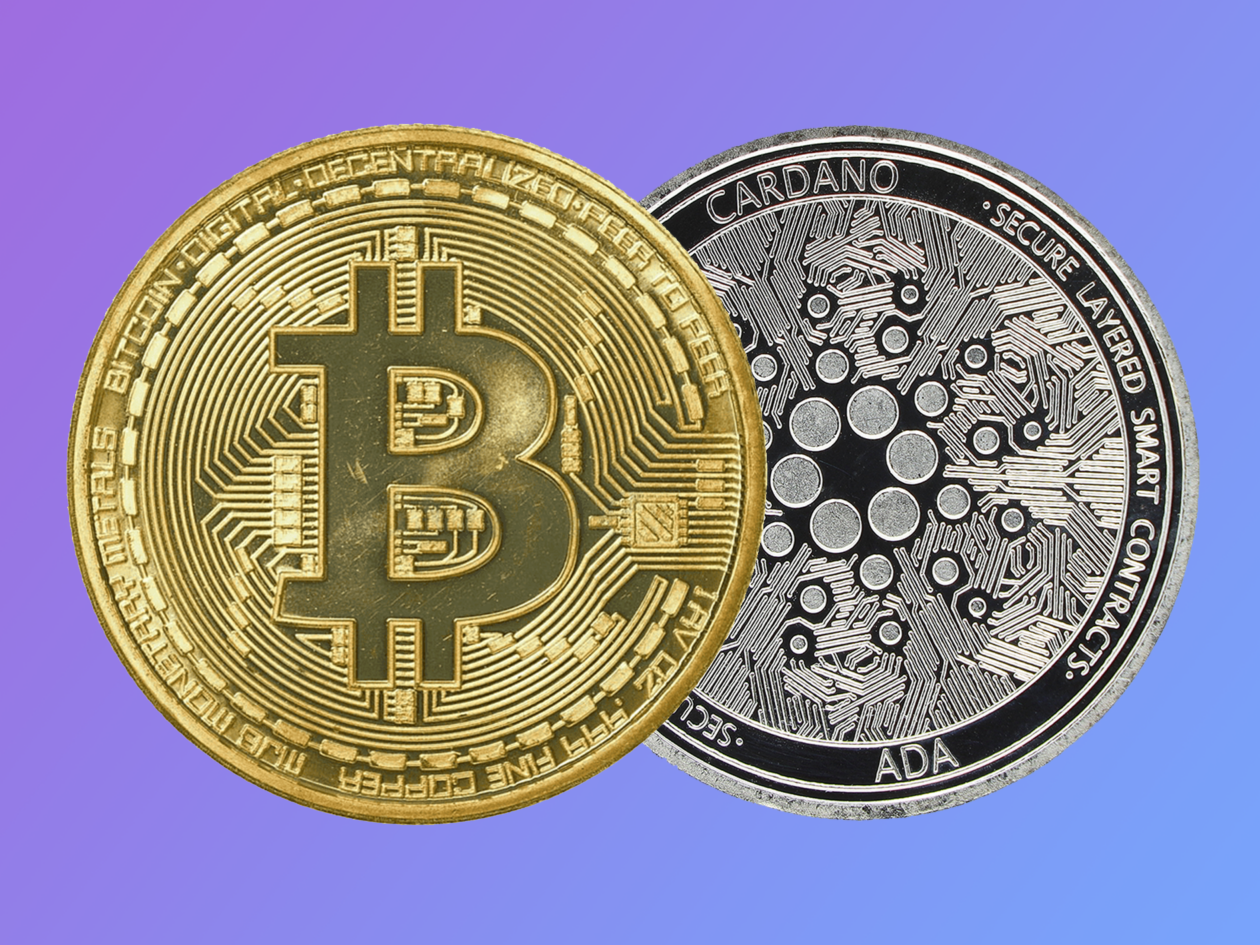crypto
Beyond Bitcoin: Exploring Alternative Cryptocurrency Investments

While Bitcoin remains the flagship cryptocurrency and the most well-known virtual asset, the wider cryptocurrency market offers a plethora of investment opportunities. In this newsletter, we’re going to delve into the arena of alternative cryptocurrency investments, exploring the one-of-a-kind forms of altcoins, their investment capacity, and key concerns for traders looking to diversify their crypto portfolios. If you wish to learn about investing with education companies, you might consider creating a free account here.
Understanding Alternative Cryptocurrencies:
Alternative cryptocurrencies, or altcoins, refer to any digital asset other than Bitcoin. While Bitcoin became the primary cryptocurrency and remained the most dominant in terms of marketplace capitalization and adoption, hundreds of altcoins emerged since its inception, each with its own unique features, generation, and cost proposition. These altcoins may additionally serve diverse purposes, including facilitating smart contracts (Ethereum), permitting privacy-centered transactions (Monero), or helping decentralized finance (DeFi) programs (Chainlink).
Types of Alternative Cryptocurrencies:
Smart Contract Platforms: These altcoins, including Ethereum, EOS, and Cardano, provide platforms for building and deploying decentralized packages (DApps) and smart contracts. They permit builders to create programmable, self-executing contracts that automate a huge variety of strategies and transactions.
Privacy Coins: Privacy-targeted altcoins, along with Monero, Zcash, and Dash, prioritize anonymity and confidentiality in transactions by enforcing advanced cryptographic strategies, which include ring signatures, stealth addresses, and zero-expertise proofs. Read About Priven Reddy Crypto King
Stablecoins: Stablecoins are cryptocurrencies pegged to the price of fiat currencies, just like the US greenback, or commodities like gold. They provide rate stability and function as a bridge between conventional financial systems and the crypto market. Examples encompass Tether (USDT), USD Coin (USDC), and Dai (DAI).
Decentralized Finance (DeFi) Tokens: DeFi tokens represent property used inside decentralized finance programs and protocols, such as lending, borrowing, decentralized exchanges (DEXs), and yield farming. Popular DeFi tokens encompass Chainlink (LINK), Uniswap (UNI), and Aave (AAVE).
Investment Potential of Alternative Cryptocurrencies:
While Bitcoin remains the dominant cryptocurrency, alternative cryptocurrencies provide particular funding opportunities and growth potential. Investing in altcoins permits buyers to diversify their crypto portfolios, gain publicity for emerging technologies and use instances, and potentially capitalize on better returns than Bitcoin on its own.
Key Considerations for Investing in Alternative Cryptocurrencies:
Research and Due Diligence: Conduct thorough research on altcoins before making an investment, thinking about factors such as generation, team, community, marketplace capacity, and opposition. Look for projects with robust basics and a clean value proposition.
Risk Management: Altcoin investments deliver inherent risks, consisting of market volatility, regulatory uncertainty, and technological vulnerabilities. Assess your chance tolerance and allocate investments as a result, diversifying throughout special belongings and sectors.
Market Liquidity: Consider the liquidity of altcoins before making an investment, as low liquidity can result in higher charge volatility and difficulties in buying or selling assets. Focus on assets with sufficient trading extent and marketplace intensity to ensure liquidity and fee stability.
Long-Term Vision: Adopt an extended-term investment horizon while making an investment in altcoins, as quick-time period charge movements may be rather unstable. Focus on the underlying era, adoption ability, and real-world use instances of the initiatives you put money into.
Conclusion:
While Bitcoin remains the cornerstone of the cryptocurrency market, opportunity cryptocurrencies provide a diverse variety of funding opportunities beyond the scope of Bitcoin. From clever settlement structures and privacy cash to stablecoins and DeFi tokens, altcoins represent the destiny of digital finance and innovation. By exploring alternative cryptocurrency investments, investors can diversify their portfolios, benefit from exposure to rising technologies and use cases, and probably capitalize on higher returns than Bitcoin alone. However, investing in altcoins calls for thorough studies, hazard control, and a protracted-time vision to navigate the complexities of the marketplace effectively. With the proper information and method, alternative cryptocurrencies can play a treasured role in building a diversified and resilient crypto portfolio for the future.
